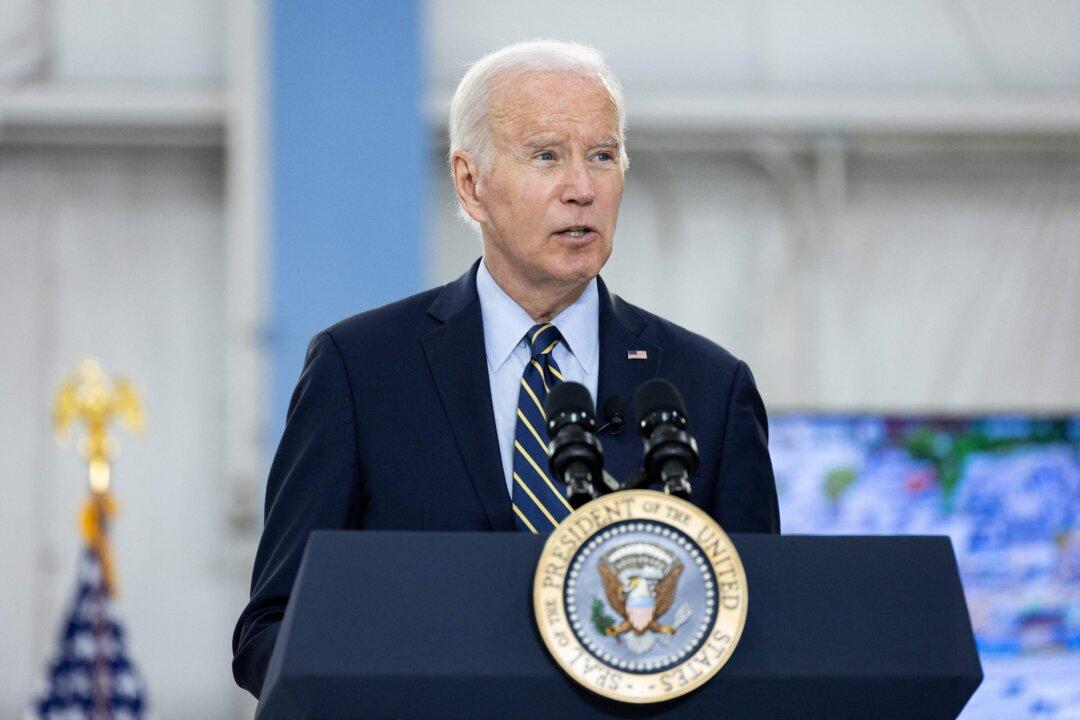President Joe Biden called Chinese leader Xi Jinping a “dictator” on Tuesday while recalling the spy balloon incident after State Secretary Antony Blinken concluded his visit to Beijing to stabilize U.S.-China ties.
Biden said the recent incident with the Chinese spy balloon, which was shot down by the U.S. military after being blown off course over the United States, had caused “great embarrassment” for Xi.





